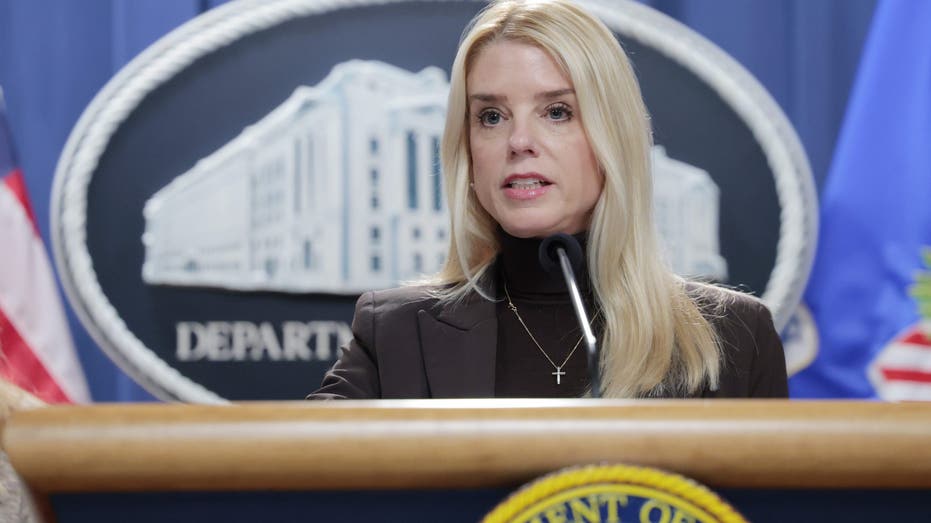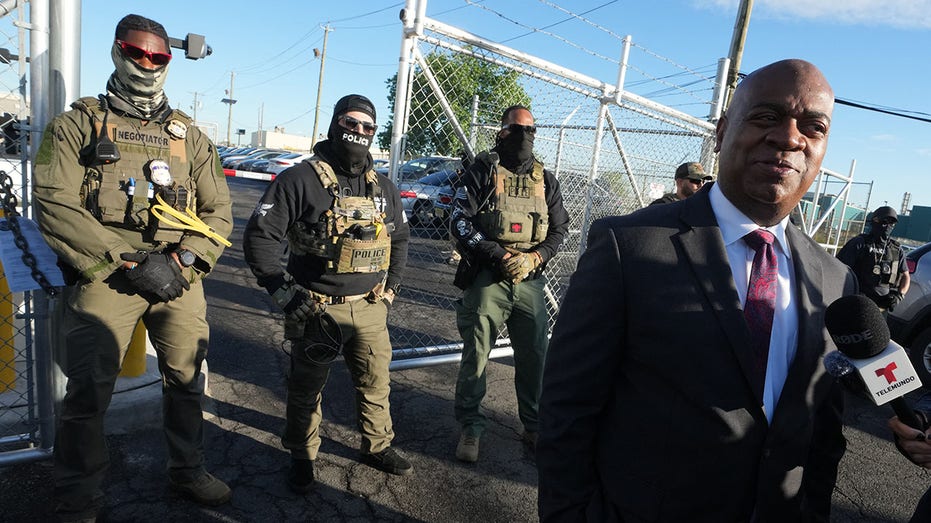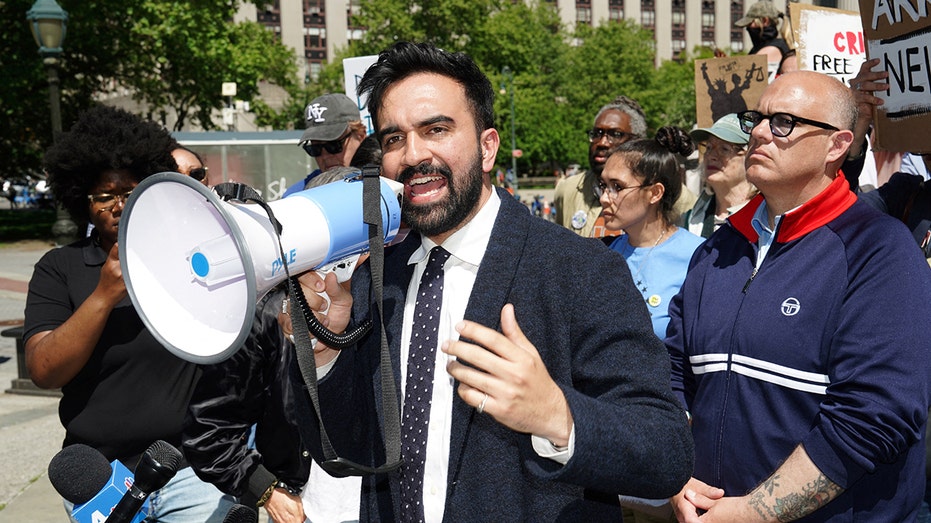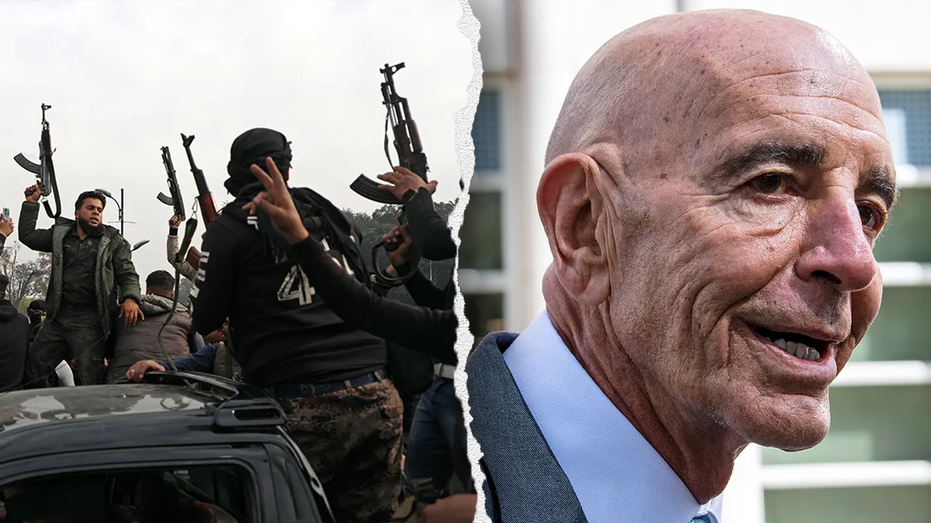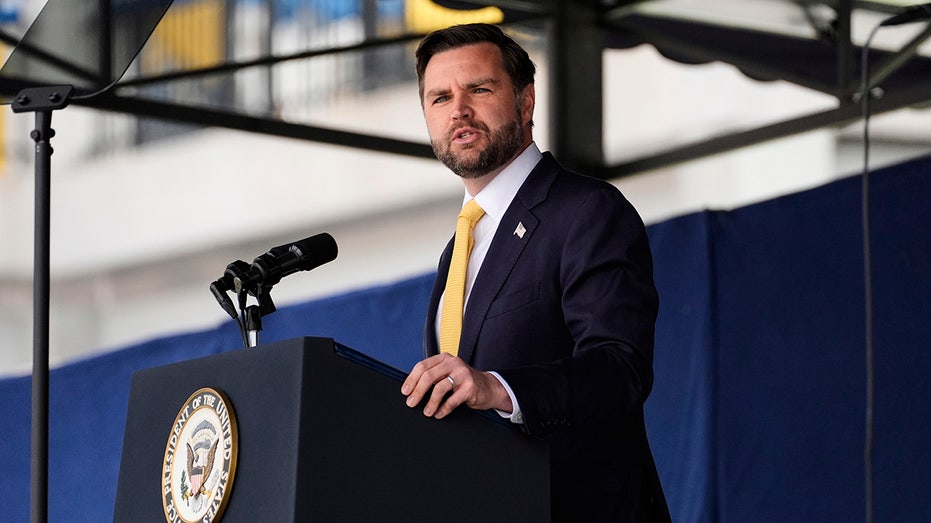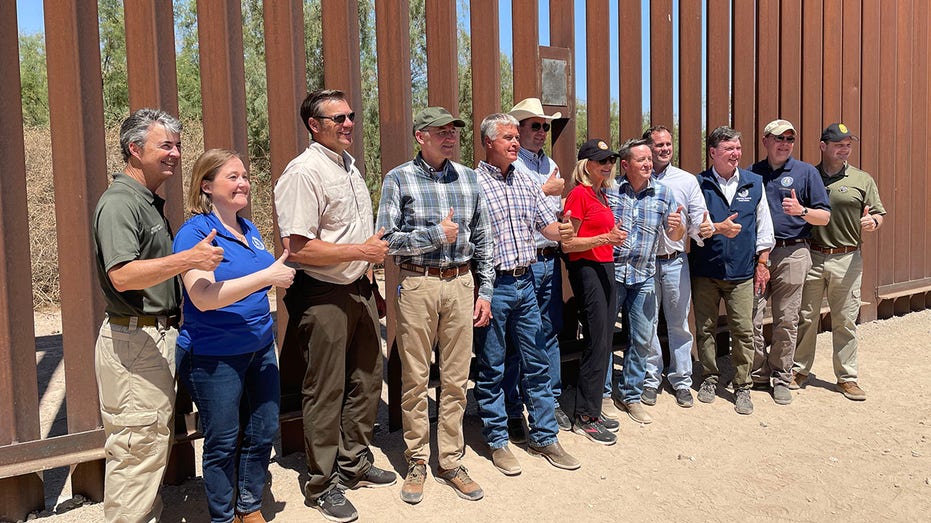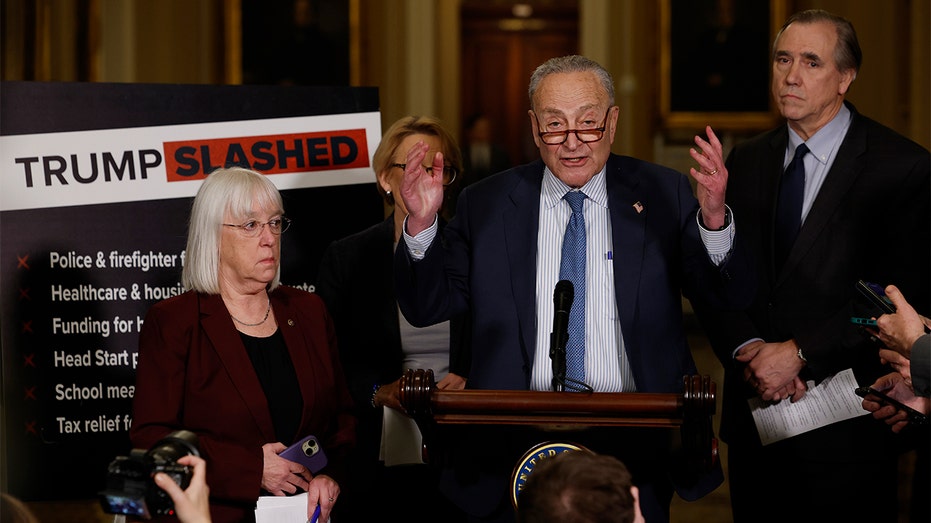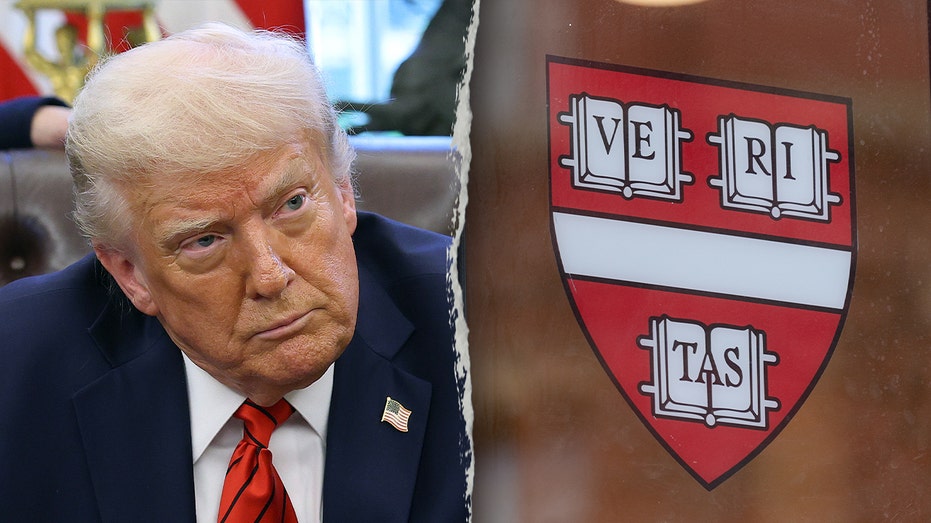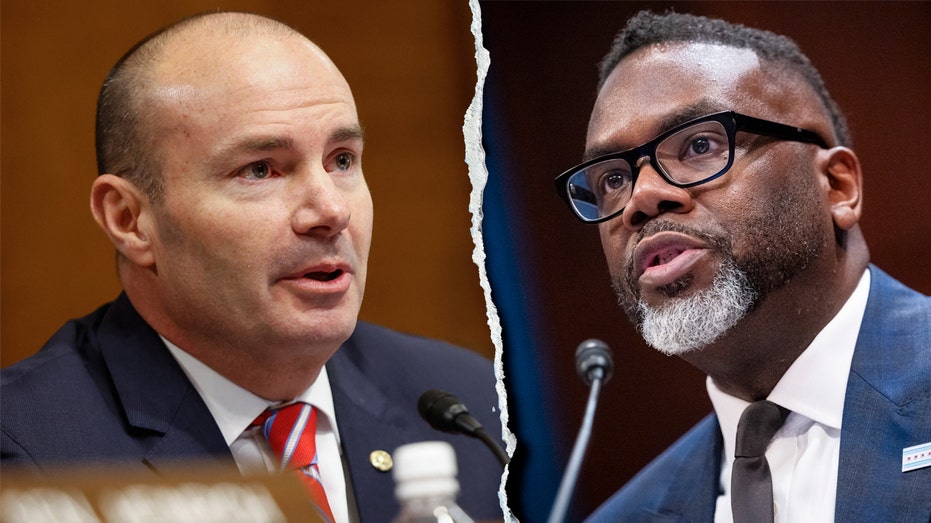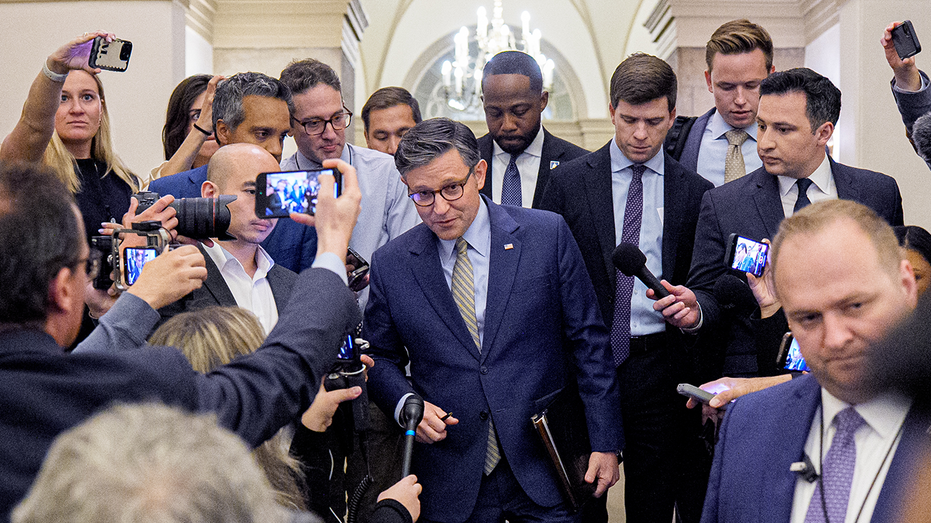Trump DOJ moves to dissolve Flores decree which governs detention of unaccompanied minors in the U.S.
In a motion filed in federal court in Los Angeles, the Trump DOJ is moving to dissolve the ‘Flores Consent Decree.’ Attorney General Pam Bondi maintains the decree is incentivizing illegal immigration at the southern border.
The Flores decree has governed the detention and release of migrant children since 1997. The motion, filed by the DOJ and jointed by HHS and the Department of Homeland Security, asks a federal court in southern California to dissolve the decree.
However, the motion to terminate the Flores decree will be heard at a July 18 hearing before US District Judge Dolly Gee in Los Angeles. Judge Gee has presided over the case for years, and it is unlikely she will agree to get rid of the Flores decree, setting up a possible battle before the federal appeals court, and ultimately the Supreme Court.
"The outdated Flores consent decree was implemented as a stopgap measure almost 30 years ago but in recent years has directly incentivized illegal immigration at our southern border. Congress and various federal agencies have already solved the problems that Flores was designed to fix, and this consent decree is now an unacceptable restriction on our America-first immigration agenda," said Attorney General Pam Bondi in a statement to Fox News.
FEDERAL JUDGE BUCKS TRUMP ADMIN, DELAYS DISMISSAL OF OF MS-13 LEADER'S CASE
DOJ officials also tell Fox News the idea is to put the power back into the hands of elected officials in Washington, rather than a single federal judge in California.
In the filing the DOJ says the government is moving, "to terminate the FSA completely and with respect to all Defendants, and to dissolve the Court’s injunction of DHS’s regulations for apprehension, processing, care, and custody of alien minors…After 40 years of litigation and 28 years of judicial control over a critical element of U.S. immigration policy by one district court located more than 100 miles from any international border, it is time for this case to end."
More from the filing:
In light of the significant changes in circumstances since this Court entered the FSA 28 years ago, including the promulgation of regulations incorporating the goals of the FSA, and Supreme Court precedent that is inconsistent with continuing such a long-term decree, further continuation of the FSA is no longer equitable or in the public interest.
TRUMP DOJ DROPS BIDEN-ERA LEGAL CHALLENGE TO TEXAS BORDER SECURITY LAW
This Court entered the FSA as a consent decree in 1997 and amended it in December 2001. The FSA has governed the care and custody of unaccompanied alien children (UACs) ever since, notwithstanding intervening legislation by the U.S. Congress and agency regulations. In 2015, this Court expanded the FSA to accompanied children, see Flores v. Lynch, 828 F.3d 898, 906, 909 (9th Cir. 2016), even though it is obvious from the FSA’s terms that the parties did not contemplate their inclusion. Thus, as to accompanied children, the national policy has long been set by a district court (and not the President or Congress), notwithstanding that the consent decree providing the basis for district-court supervision does not claim to regulate this class of aliens. That simply cannot be.
During the 28 years that this Court has controlled federal policy regarding the custody of alien children who are in the United States without immigration status, enormous, cardinal changes have occurred: surges of aliens have entered the U.S. in between ports of entry across the southwest border, including large groups of aliens who voluntarily surrendered to Border Patrol—surrenders orchestrated by traffickers; the demographics of aliens arriving at the border have shifted to include significantly higher numbers from countries outside the Western Hemisphere and higher numbers of children; a global pandemic necessitated the government’s utilization of its expulsion authority to protect public health; and the subsequent lifting of the policy led to an upheaval in immigration policy for over two years.
The Executive has not been able to react fully and meaningfully to these changes because the FSA has ossified federal immigration policy.
Successive administrations have tried unsuccessfully to free themselves from the strictures of the consent decree and this Court’s gloss on it. But detention of juvenile aliens continues to be—as it has been for more than a generation—dominated by the strictures of a 1997 agreement.

